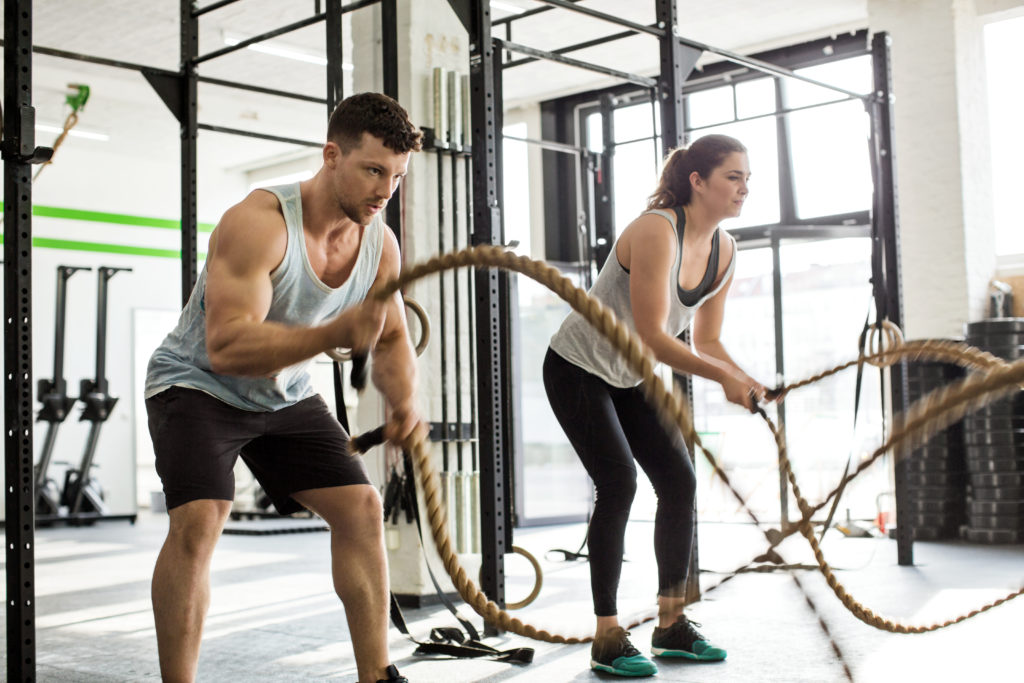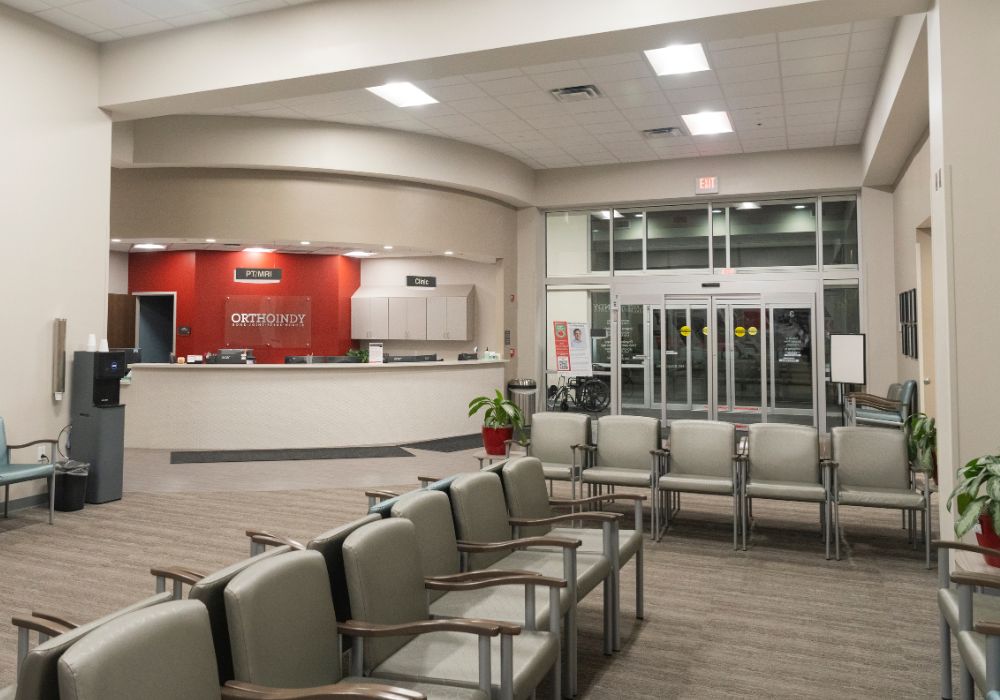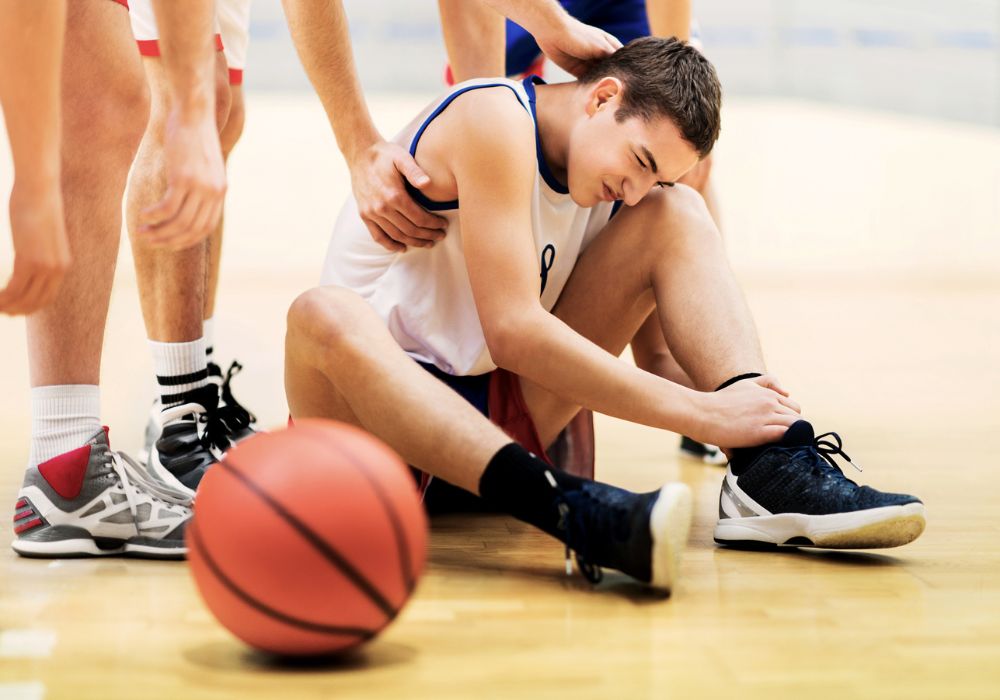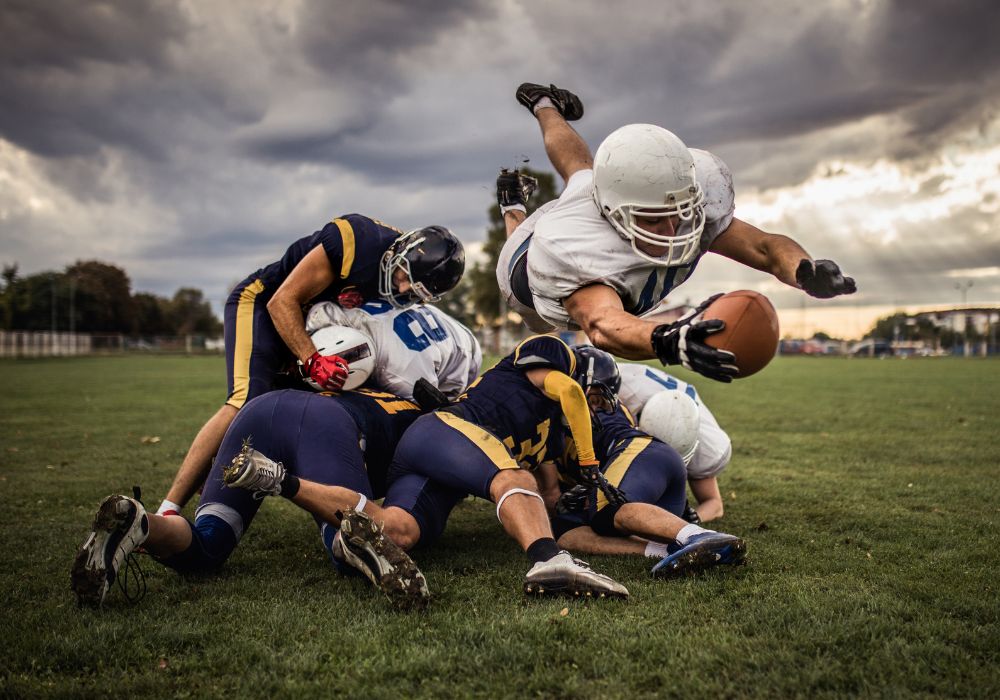This post is part of The Ultimate Guide to Sports Medicine
A muscle strain, also referred to as a pulled muscle or muscle tear, refers to damage to a muscle or its attached tendons.
Cause
- Sudden heavy lifting
- Overuse
- Prior injury in the same area
- Muscle tightness
- Failure to warm-up properly before exercising
- Doing too much too quickly during exercise or sports
Muscle strain symptoms
- Pain and tenderness in the injured area
- Increased pain when using the muscles
- Swelling
- Muscle weakness
- Limited range of motion
- Bruising or redness
Physician examination
Typically, you do not need to see a physician for a muscle strain unless:
- Home remedies have not brought relief
- You heard a popping sound with the injury
- You cannot walk
- You cannot raise your arm
- You have a fever
- You have open cuts
- Pain is unbearable
To determine whether you have a muscle strain, your physician will ask you for a complete medical history, ask questions about your pain and how long you have been experiencing your symptoms, and conduct a physical examination. An X-ray or MRI may be necessary to rule out other injuries.
Make an appointment with an OrthoIndy sports medicine specialist
Treatment
Typically treatment for a muscle strain is non-surgical and includes:
- Rest, Ice, Compression and Elevation (RICE)
- Activity modification: Such as avoiding activities that worsen symptoms
- Non-steroidal anti-inflammatory drugs (NSAIDs) such as ibuprofen
- Home exercises to strengthen muscles that support the involved joint
- Physical therapy to increase strength and flexibility
- Assistive devices such as crutches or a cane when symptoms worsen.
In extreme cases, surgery may be necessary but is very rare. If a tendon is completely torn, surgery may be necessary to return to normal movement. However, even in severe muscle strains, non-surgical methods have proven successful in returning a patient to their normal lifestyle.
Recovery
- Avoid the activity that caused your injury for up to two weeks
- Condition muscles with exercise
- Warm up before exercise or sports activity
- Wear appropriate protective gear
- Cool down after exercise or sports activity
- If you feel pain, stop immediate and let muscles heal completely before returning to sports
Learn more about sports medicine treatment at OrthoIndy.
Schedule an appointment
Your well-being is important to us. Click the button below or call us to schedule an appointment with one of our orthopedic specialists. If your injury or condition is recent, you can walk right into one of our OrthoIndy Urgent Care locations for immediate care. For rehabilitation and physical therapy, no referral is needed to see one of our physical therapists.





